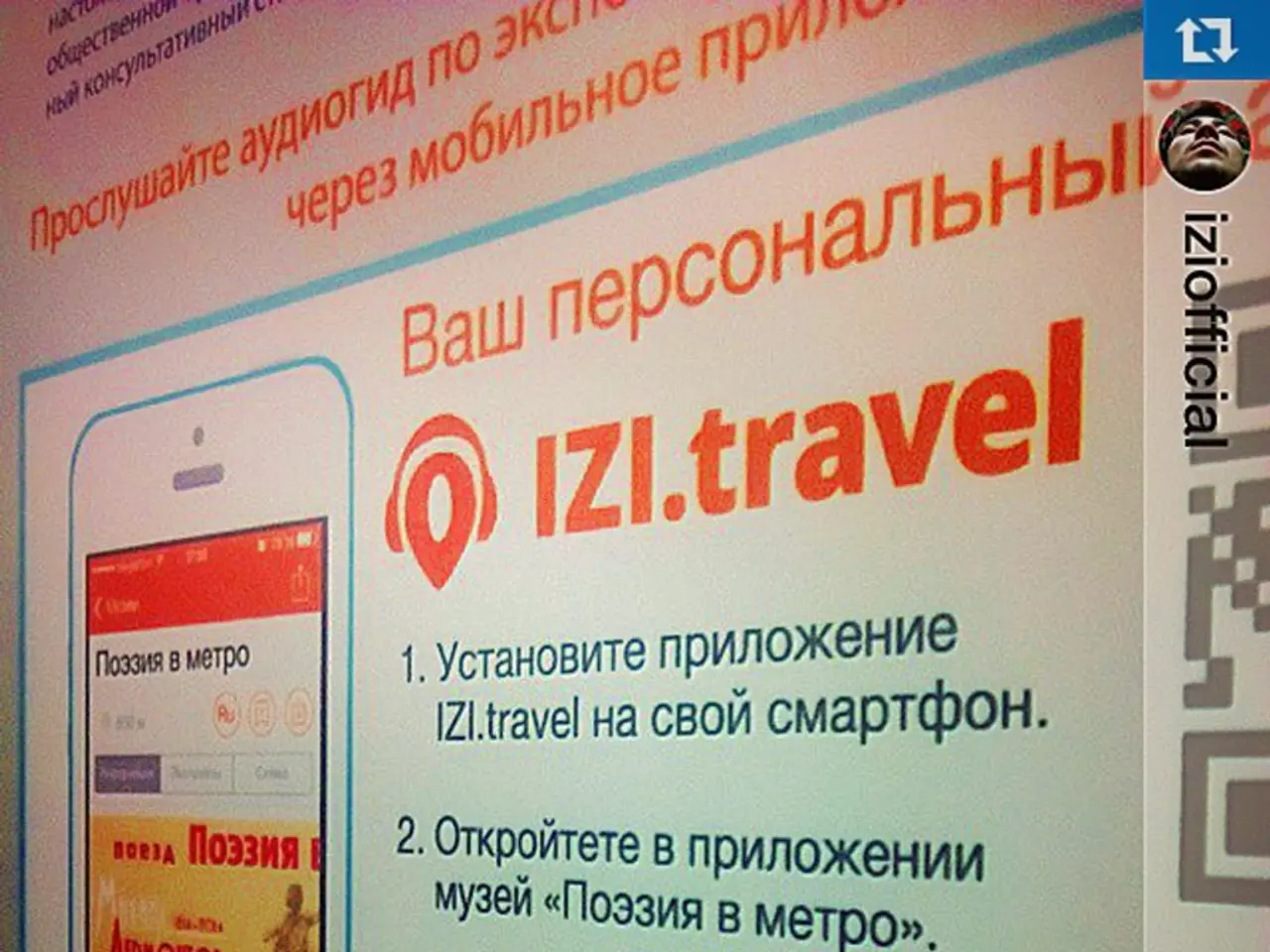Expanded government contract worth £107M awarded to Capgemini, bypassing the need for competition with other firms in the HMRC extension deal
The UK tax collector, His Majesty's Revenue and Customs (HMRC), has once again turned to Capgemini for support and services, awarding a £107 million deal without competition. This extension continues the long-standing relationship between the two entities that began with the Aspire project in 2004.
The Aspire contract, worth around £10 billion between 2006 and 2016, was the largest UK government IT contract at the time. It was initially awarded without competition and focused on delivering technology services for HMRC’s business-critical applications. The contract, which replaced prior contracts with EDS and Accenture, involved Capgemini alongside Fujitsu and BT[1].
Since then, HMRC has continued to award contracts to Capgemini for supporting and maintaining critical legacy applications, as well as for decommissioning and modernisation efforts. The latest extension, agreed in 2022 and valued at £107 million, brings the total from the Aspire and subsequent deals to about £322 million[1].
The complexity and criticality of these applications mean a controlled transition and decommissioning process is ongoing, favoring continuity of the incumbent supplier to reduce operational risk[1]. Extensions and modernisation projects are designed to maintain stability while preparing for future competitive procurements, as stated by official notices[1].
Capgemini remains deeply embedded in the support services for HMRC’s core tax and payments systems, with substantial spending reported as recently as mid-2025 for various HMRC operational programmes and transformation projects[2].
The decision to extend the contract without competition has been met with criticism, with some questioning the lack of competition and the potential for higher costs. In 2016, the National Audit Office said the Aspire contract had provided "stable but expensive IT systems" and contributed to HMRC’s technology becoming out of date[1].
However, HMRC has stated that only Capgemini could support and decommission the applications within its remit due to their 18 years of experience[1]. In early 2022, tech minister Peter Kyle signed non-contractual agreements with Google and OpenAI to improve productivity in public service, suggesting a shift towards modern, cloud-based solutions in the future[3].
In summary, the rationale behind HMRC’s continued, non-competitive awarding of contracts to Capgemini includes:
- The original Aspire contract established a deep, entrenched relationship beginning in 2004, supplying critical technology services for HMRC.
- The complexity and criticality of legacy applications mean a controlled transition and decommissioning process is ongoing, favoring continuity of the incumbent supplier to reduce operational risk.
- Extensions and modernisation projects are designed to maintain stability while preparing for future competitive procurements, as stated by official notices[1].
This pattern reflects a common government IT procurement challenge: balancing cost and risk in transitioning from large legacy service contracts to modern cloud-based or modular solutions.
[1] National Audit Office, (2016). HMRC's Aspire programme: progress and challenges. [Online] Available at: https://www.nao.org.uk/report/hmrcs-aspire-programme-progress-and-challenges/
[2] HMRC, (2020). Spending with tech suppliers. [Online] Available at: https://www.gov.uk/government/publications/spending-with-tech-suppliers/spending-with-tech-suppliers
[3] Parliamentary Under-Secretary of State for the Digital Economy, (2022). Written ministerial statement: Digital Strategy for the UK. [Online] Available at: https://questions-statements.parliament.uk/written-statements/detail/2022-02-09/HCWS358
- The UK tax collector, HMRC, has relied on technology services provided by Capgemini for more than 18 years, investing approximately £322 million in various contracts, given the complex and critical nature of the legacy applications they manage.
- In a bid to modernize, tech minister Peter Kyle partnered with Google and OpenAI in early 2022, indicating a potential shift towards cloud-based AI solutions for the future, amidst ongoing discussions around cost and risk in transitioning from legacy service contracts.




